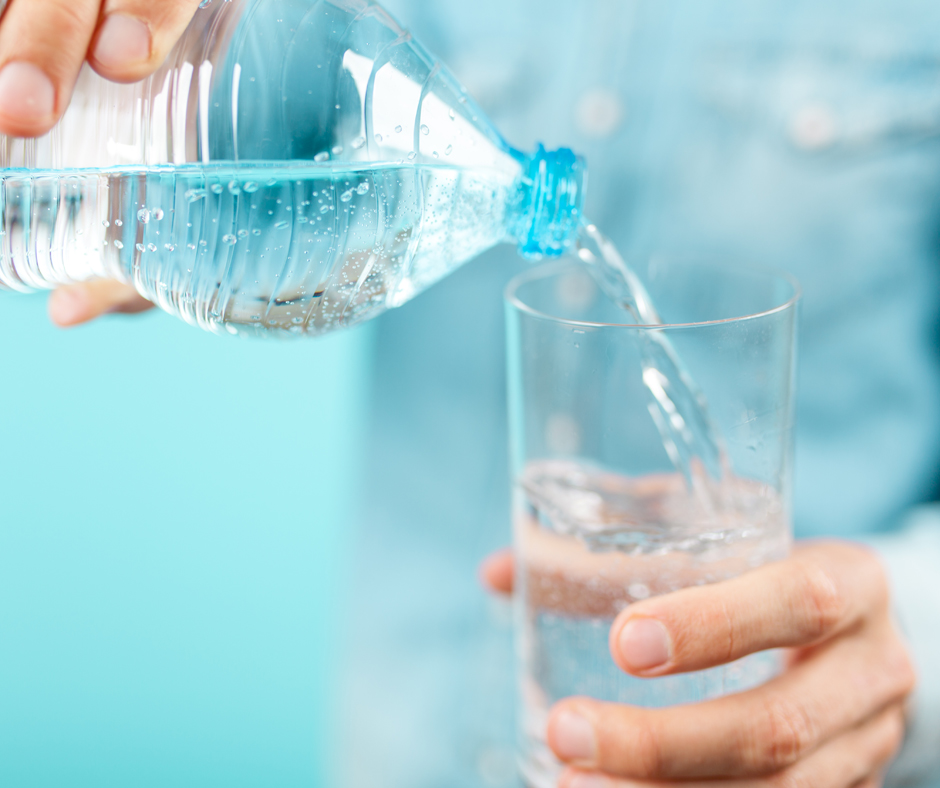Are kidney stones more painful than childbirth?
There’s no clear winner in this popular debate. What we know for certain is that kidney stones are, in fact, extremely painful. They’re one of those medical experiences patients never forget – and always hope to never repeat.
Unfortunately, they often do. About half of people who have one kidney stone will pass another within seven years without preventative measures. Of course, that means there are effective ways to prevent kidney stones – and most of them can be done easily at home.
How To Prevent Kidney Stones
Many of the best ways to prevent kidney stones are lifestyle changes that keep your urinary tract in good health.
Drink plenty of fluids. When you drink less water, you produce less urine. This makes it harder for your body to dissolve and flush the salts and minerals that buildup into kidney stones. Drink enough healthy fluids to stay hydrated and increase your water intake when exercising or sweating.
Limit sodium. Salt contributes to dehydration and increases the amount of calcium in your urine. Current guidelines recommend that stone sufferers keep sodium levels below 2,300 mg per day. Foods notoriously high in salt include any processed foods, canned foods, and condiments.
Reduce animal protein. Animal protein is highly acidic. This can increase the amount of acid in your urine, a known cause of kidney stones. Foods high in animal protein include red meats, poultry, fish, and eggs. If you’re prone to kidney stones, try incorporating more plant-based options into your diet.
Eat calcium-rich foods. It’s a common misconception that reducing calcium will prevent calcium oxalate stones (the most common type of kidney stone). In fact, the opposite is true – diets low in calcium actually increase your risk of future stones. Instead, focus on eating foods rich in dietary calcium and avoid taking calcium supplements.
Avoids foods high in oxalate. Oxalate binds with calcium in the urine to create the most common form of kidney stone, so patients are encouraged to limit oxalate-rich foods like chocolate, spinach, peanuts, coffee, and beets.
Consider preventative medication. Depending on your type of kidney stones, your doctor may suggest preventative medications to regulate the amount of certain minerals in your urine. This is a good option for those who continue to get recurring stones after trying lifestyle changes.
Practice good kidney health. Take appropriate steps to keep your kidneys healthy by eating a healthy diet, treating underlying conditions, and quitting smoking. Healthy kidneys are happy kidneys!

